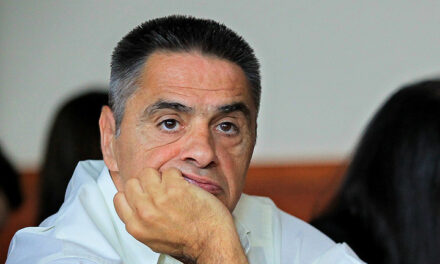20 years. In 2026, at the end of the current parliamentary term, this is how long Viktor Orbán will be in office as Prime Minister. With this, the prime minister breaks new records.
In 2020, he "took" the title of the longest-serving prime minister in the history of Hungary from Kálmán Tisza, and in 2024 he will also "get" the title of the longest-serving prime minister from him. Sándor Wekerle will also "deprive" Sándor Wekerle of the first place in an interesting statistic in 2024: he will have the longest period of time - more than 26 years - between his first election and the end of his term of office - known so far. Of course, these figures are colorful news and an excellent treat for statisticians. However, the underlying content is much more important.
The name, the "dethroning" of Kálmán Tisza and Sándor Wekerle also means a historical obligation.
After the settlement, II. We are talking about two defining individuals of the era leading up to World War II, who both did a lot to make Hungary a successful, prestigious, modern, yet proud of its traditions, a country with integrity. During the mentioned period, the citizenry flourished, and the consensus-building conservative politics had so much strength, so much intellectual potential and such a will to do that it was able to give back its hold and faith in itself even to the country that had been mutilated by the Trianon peace decrees. Just as the Orbán governments and the new conservative era emerging in their wake do. Of course, we have not experienced such a national catastrophe as in 1920, but in the period between 2002 and 2010 it seemed that the "dare to be small!" politics.
The left-liberal government, which copied the West, piled up failure upon failure in the fields of economy, social organization and foreign policy, which also made people believe that the country's leadership must consist of corrupt and incompetent politicians. In this moral and spiritual state, Fidesz-KDNP took over the government, and it was from here that the country's society, morality and economy had to be put back on their feet. And after that happened, it was necessary to start - worthy of the great predecessors - to follow one's own path. To arrange the center of the Carpathian Basin based on Hungarian thinking and Hungarian logic. And also to accept if someone doesn't like it, if someone is against it from a Western power center.
The full article from Vasarnap.hu can be read here.
Author: Zoltán Kaszab
Image: MTI












